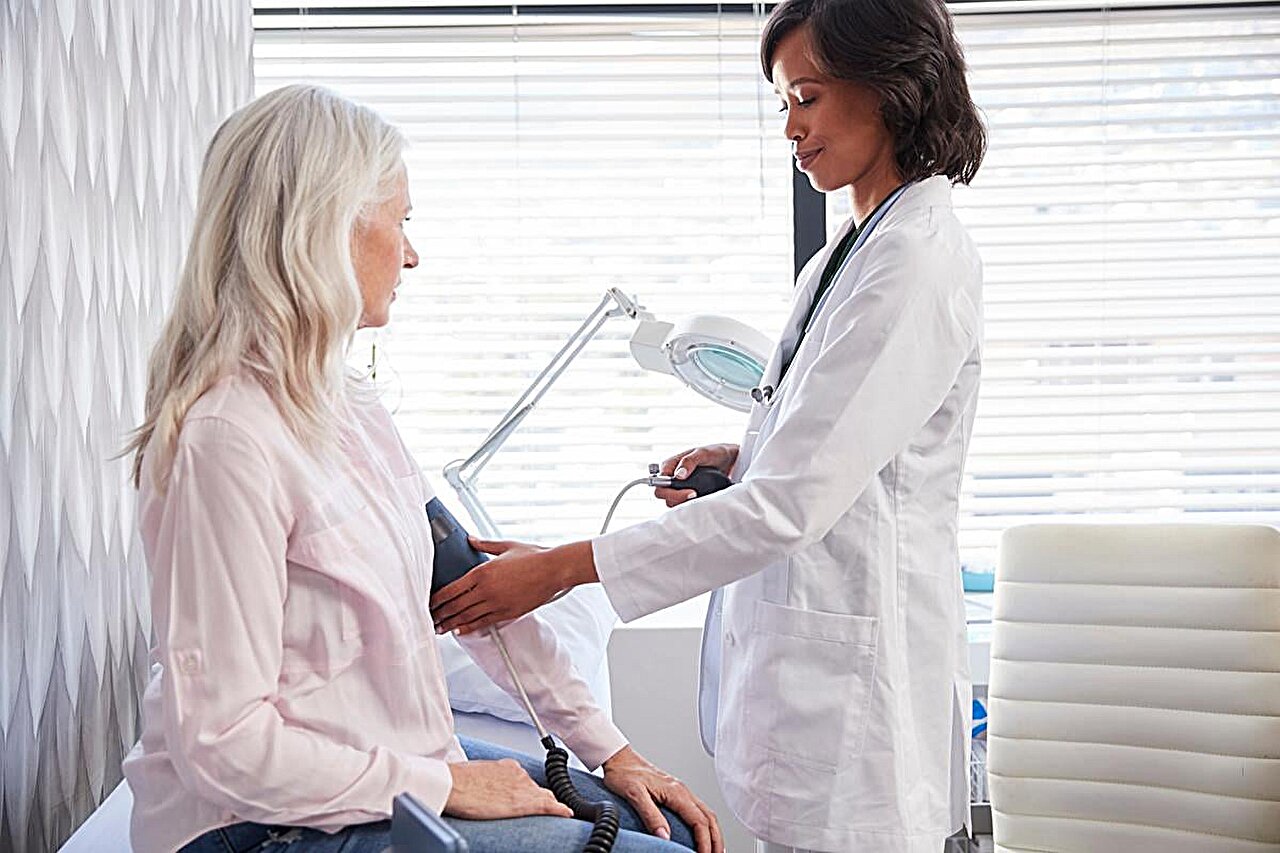A new study to be presented at the SLEEP 2024 annual meeting found a distinct relationship between sleep duration, social media usage, and brain activation across brain regions that are key for executive control and reward processing.
Results show a correlation between shorter sleep duration and greater social media usage in teens. The analysis points to involvement of areas within the frontolimbic brain regions, such as the inferior and middle frontal gyri, in these relationships. The inferior frontal gyrus, key in inhibitory control, may play a crucial role in how adolescents regulate their engagement with rewarding stimuli such as social media. The middle frontal gyrus, involved in executive functions and critical in assessing and responding to rewards, is essential in managing decisions related to the balancing of immediate rewards from social media with other priorities like sleep. These results suggest a nuanced interaction between specific brain regions during adolescence and their influence on behavior and sleep in the context of digital media usage.
“As these young brains undergo significant changes, our findings suggest that poor sleep and high social media engagement could potentially alter neural reward sensitivity,” said Orsolya Kiss, who has a doctorate in cognitive psychology and is a research scientist at SRI International in Menlo Park, California. “This intricate interplay shows that both digital engagement and sleep quality significantly influence brain activity, with clear implications for adolescent brain development.”
This study involved data from 6,516 adolescents, ages 10-14 years, from the Adolescent Brain Cognitive Development Study. Sleep duration was assessed from the Munich Chronotype questionnaire, and recreational social media use through the Youth Screen Time Survey. Brain activities were analyzed from functional MRI scans during the monetary incentive delay task, targeting regions associated with reward processing. The study used three different sets of models and switched predictors and outcomes each time. Results were adjusted for age, COVID-19 pandemic timing, and socio-demographic characteristics.
Kiss noted that these results provide new insights into how two significant aspects of modern adolescent life — social media usage and sleep duration — interact and impact brain development.
“Understanding the specific brain regions involved in these interactions helps us identify potential risks and benefits associated with digital engagement and sleep habits,” Kiss said. “This knowledge is especially important as it could guide the development of more precise, evidence-based interventions aimed at promoting healthier habits.”
The American Academy of Sleep Medicine recommends that teenagers 13 to 18 years of age should sleep 8 to 10 hours on a regular basis. The AASM also encourages adolescents to disconnect from all electronic devices at least 30 minutes to an hour before bedtime.
This study was supported by grants from the National Institutes of Health. The research abstract was published recently in an online supplement of the journal Sleep and will be presented Sunday, June 2, and Wednesday, June 5, during SLEEP 2024 in Houston. SLEEP is the annual meeting of the Associated Professional Sleep Societies, a joint venture of the American Academy of Sleep Medicine and the Sleep Research Society.


